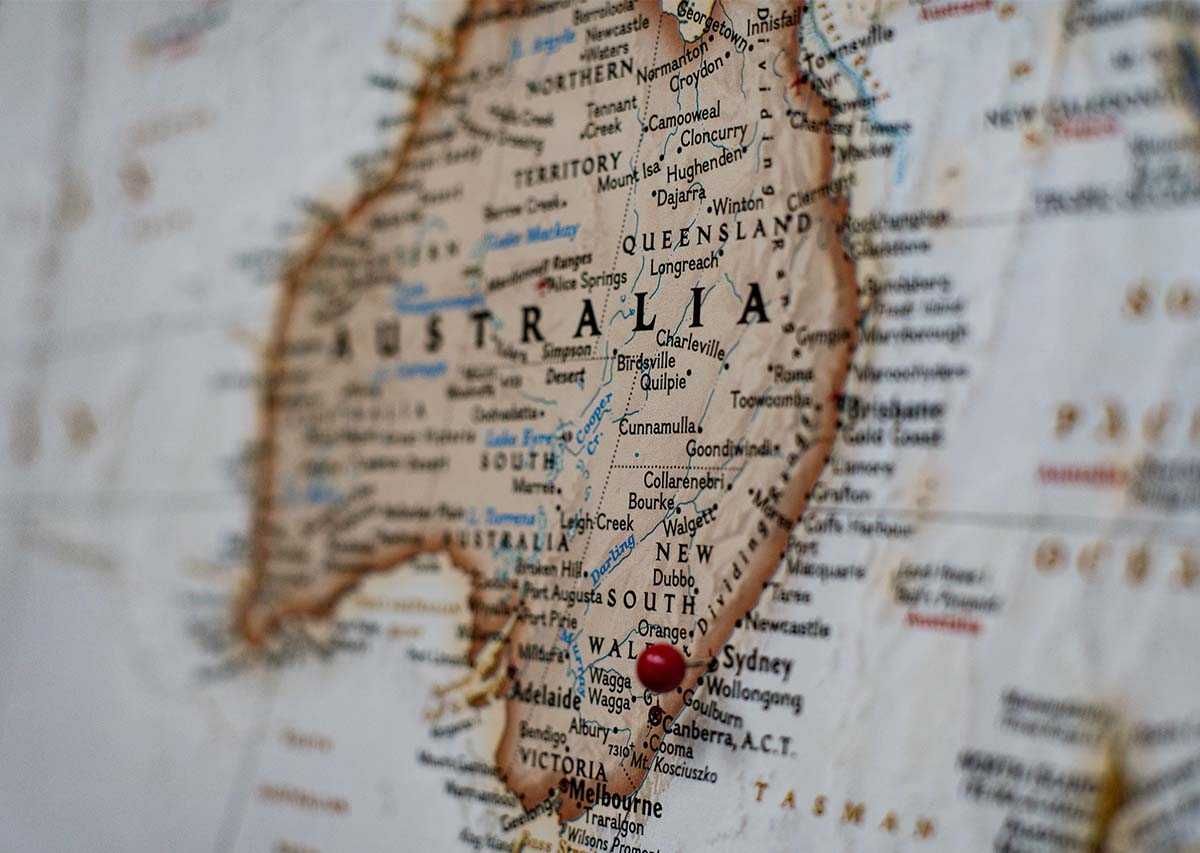Studying abroad in Canada is one of the best choices for students and parents. Why Canada is best for international students? This article will help you to find out the answer.

1. The Canadian education system
Canada is famous for a developed country and high quality education system. Therefore, Canada is always a priority destination for international students. Until the end of 2018, there are 571,215 international students studying in Canada (CBIE), 30% from India, 25% from China, and 4% from Vietnam (equal the number of students from France and Korea). To compare with 2010, the number of international students studying in Canada increase by 154 percent. Education in Canada is generally divided into primary education, followed by secondary education and post-secondary from 5 or 6 years old to 17 or 18 years old. In Quebec, the education system has some differences from other provinces.
In addition, the following information will help you better understand the appeal of studying in Canada.
- The Government of Canada sets aside the highest budget for education in the Organization for Economic Co-operation and Development (OECD), and ranks second among the G8 countries.
- More than 30 Canadian universities on the global university rankings from ARWU, QS, Times and U.S. News & World Report; University of Toronto, McGill University, University of British Columbia and McMaster University often ranked in the Top 100
- Quality of general education of Canada ranked 6th in the International Student Assessment Program (PISA) implemented by the Organization for Economic Co-operation and Development (OECD) in 2018, in the US, UK, and Australia.
- About 96% of international students trust and recommend Canada as an ideal place to study abroad. Besides, 60% of international students plan to apply for permanent residency in Canada after completing their study plan.
2. Multicultural, friendly, and safe environment
Canada has a stable political system, one of the least corrupt countries in the world. According to the constitutional monarchy, belonging to the Commonwealth and the Francophonie with two main languages: English and French. Canada's economy ranks 10th worldwide and has a relatively low-income gap. The prominent export economic sectors of Canada include minerals, transportation, machinery, chemistry, textiles ... Of which three-quarters of workers work in the service sector. In 2018, Canada set aside 6% of GDP to develop the entire education system. In addition, Canada also spends $34.5 CAD billion on domestic science and technology research and development from electronics, life sciences to chemistry, physics, and space science.
Canada is considered one of the most multiethnic, multicultural, and friendly countries in the world. Besides, Canada is the 2nd largest country in the world with a continental climate, cool summers, and snowy winters. Maple leaf country is blessed with many natural wonders and historical sites recognized by UNESCO.

Canada is the most friendly countries in the world
3. Job and immigration opportunities
Job and immigration opportunities in Canada are open to international students. The Government of Canada encourages and creates favorable conditions for qualified and skilled international students to work in Canada to promote a competitive economy in the World.
Besides occupations among Canada's strong industries, such as oil, minerals, transport, machinery, and chemistry, industries with high employment opportunities include information technology, nursing, tourism, and human resources. After graduating and having a Post Graduation Work Permit, you can work in Canada for up to 3 years, depending on your actual time of studying abroad.
Through student networks and organizations, students, applications, and websites job hunting such as Monster, Jobs Canada, Job Postings, or workfare at school, you can certainly find internships and jobs.

Canada creates job opportunities and immigration to international students
When having graduation and work experience in Canada, you can apply for permanent residency. Learn more about the conditions and procedures on the CIC site, including two key things you need to know:
- Canadian Language Benchmark: includes a club that describes, measures and assesses the ability to use English and NCLC for French
- National Occupation Code (NOC): describes the skills and capabilities of the job include:
+ 0 (number 0): managerial work
+ A: professional work, usually requiring a university degree
+ B: technical work, usually requiring a college degree or apprenticeship training
+ C: Intermediate work, usually at the high school level and / or specific training
+ D: labor job training on the spot
For more information about study abroad in Canada, contact Globalway now.
Address: 2nd floor, 52 Nguyen Chi Thanh street, Ba Dinh, Hanoi
Message: Facebook m.me/globalwayvn
Viber, Zalo, Whatsapp: (+84) 353.55.88.11
Hotline:
- Globalway Office in Hanoi, Vietnam: (+84) 353.55.88.11
- Globalway representative office in Toronto - Canada: (+4) 647.686.6096
Making an appointment for support free of charge via:
Fanpage: https://www.facebook.com/globalwayvn
Email: duhoc@globalway.vn
Website: https://globalway.vn/










